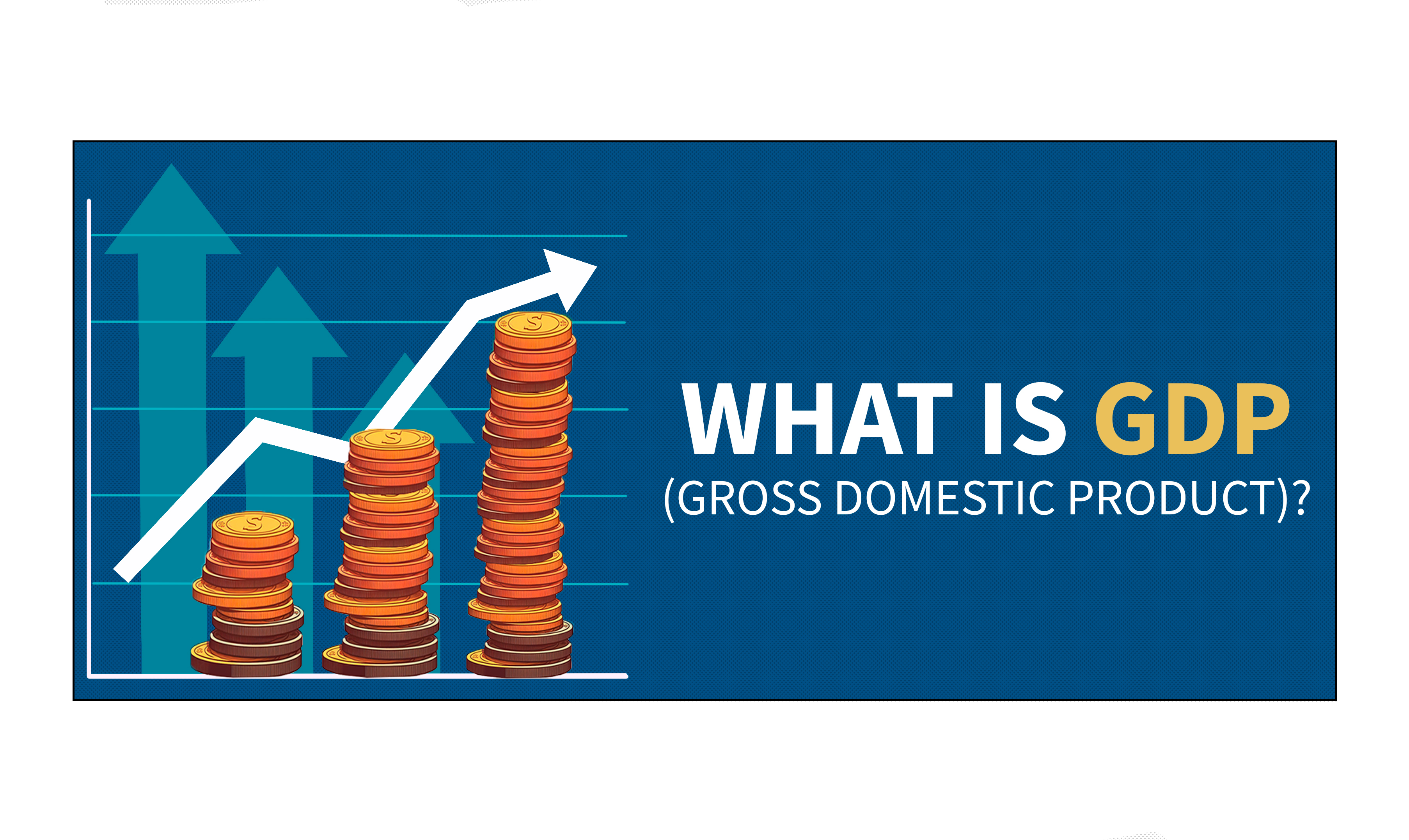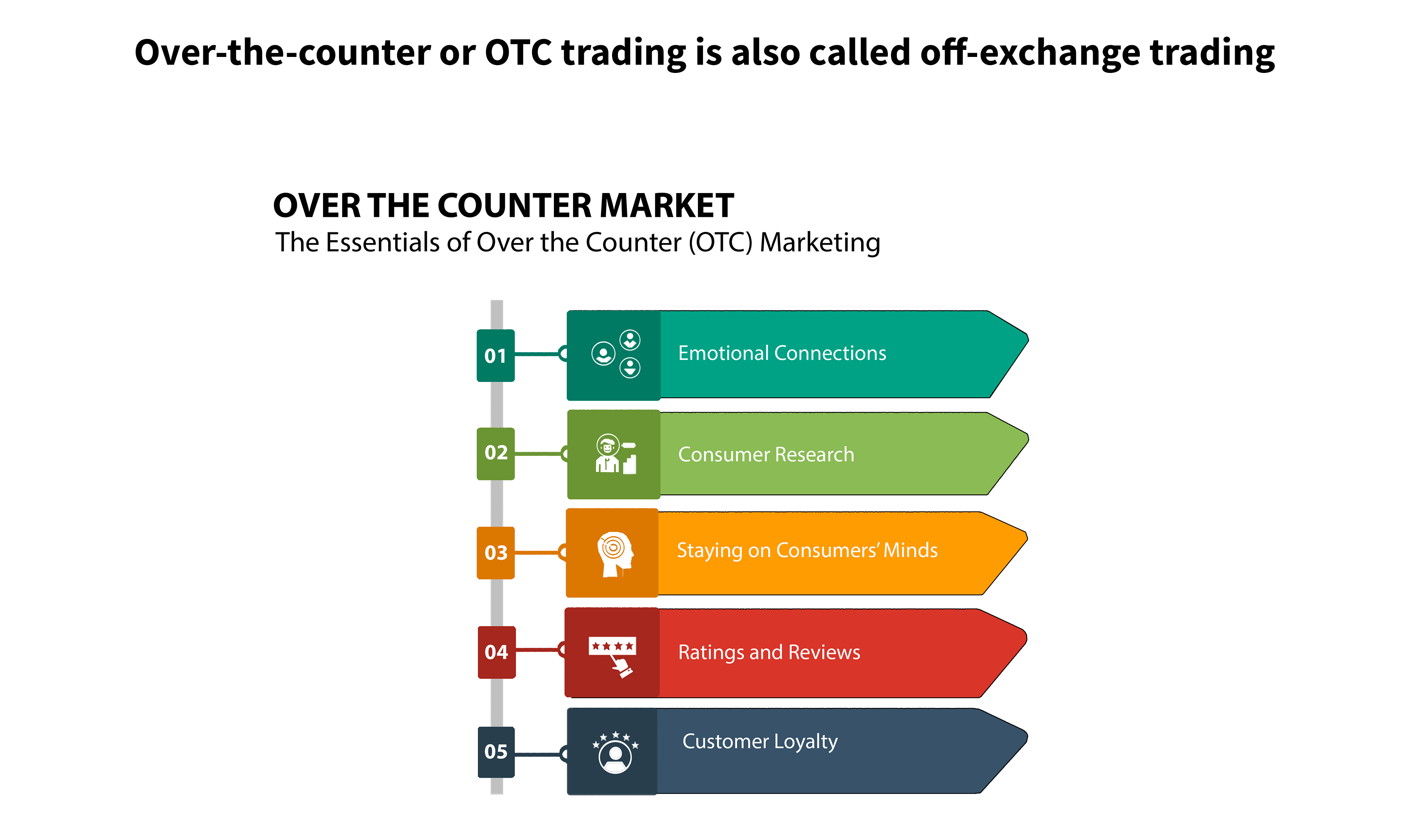
Have you ever heard of a company selling parts of itself to people who want to invest?
This is called an Initial Public Offering (IPO). When a company has an IPO, it gives people a chance to buy a small part of the company before everyone else can. But it's important to know that investing in an IPO can be risky.
If you're thinking of investing in an IPO, it's vital to be aware of the following risks:
1. Lack of Historical Data: Investing in an Initial Public Offering (IPO) carries certain risks, and one of the main ones is the lack of historical data available for the IPO. Unlike established companies, IPOs have a limited track record, making it difficult to assess financial performance and forecast future development potential. As an investor, you need to carefully study the company's business model, industry trends, and potential competition to assess the IPO's potential success. Understanding the market and the company's position in it is crucial in making an informed decision about investing in an IPO.
2. Volatility: Investing in initial public offerings (IPOs) can be unpredictable, as stock prices often change drastically in the days and weeks after the initial release. This unpredictability can be caused by different factors such as market conditions, investor emotions, and the company's financial performance. Sometimes the stock may trade higher than its actual value, making it vulnerable to price drops in case of negative news.
3. Lock-up Periods: During an Initial Public Offering (IPO), insiders of the company are often bound by a lock-up period where they cannot sell their shares. However, once the lock-up period passes, insiders may opt to sell their shares, causing a surprise increase in the market and driving down stock prices. This can be particularly harmful to retail investors who may not have enough resources to bear such a significant loss.
4. Valuation: IPOs can be high priced, with companies often commanding valuations that exceed their earnings potential. Investors may find themselves investing in an overvalued company that cannot meet expectations. The company's growth prospects, market share, and financials should be considered when assessing the IPO's potential valuation.
5. Limited Availability: IPOs may be reserved for institutional investors and high-net-worth individuals, leaving retail investors with limited opportunities to invest. This can lead to an uneven playing field, with institutional investors and high-net-worth individuals having better access to information and investment opportunities. Retail investors should conduct thorough research to identify and gain access to potential IPO opportunities.
Conducting thorough research on the company and its financials is essential before investing in an IPO to manage the associated risks. It is advisable to consult with a financial advisor who can provide valuable insights. Retail investors should also evaluate the IPO's valuation, potential volatility, and availability to make informed investment decisions. This approach can help mitigate the risks and increase the likelihood of success in investing in IPOs.



